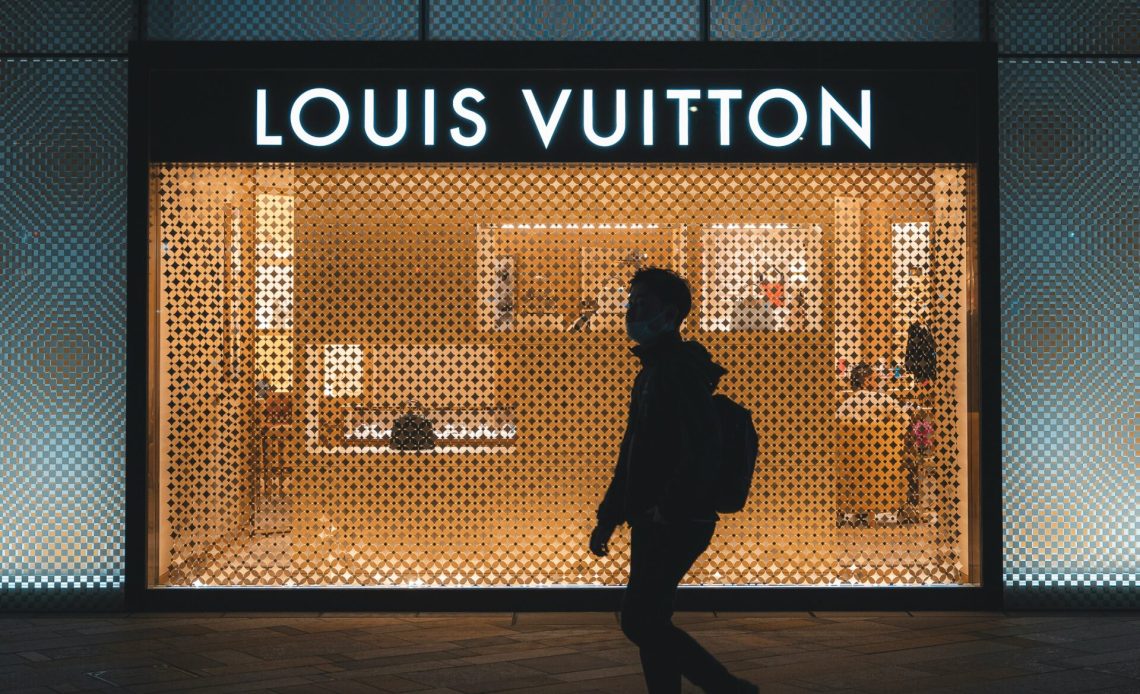
Shareholders of LVMH Moët Hennessy Louis Vuitton voted on Thursday to allow Bernard Arnault to remain at the helm of the company until the age of 85, extending the reign of the man who built the world’s most valuable luxury goods empire.
The move, approved with more than 99% support, raises the maximum age limit for the group’s chairman and chief executive from 80 to 85.
This marks the second such amendment in recent years.
In 2022, LVMH lifted the retirement threshold from 75 to 80.
With Thursday’s vote, the board has further solidified Arnault’s position at the top, even as investors grow increasingly uneasy over the absence of a clearly communicated succession plan.
A meticulously constructed empire
Bernard Arnault, 76, has led LVMH since 1989, steering it through decades of aggressive expansion, blockbuster acquisitions, and surging demand for luxury goods.
From the takeover of Christian Dior and Louis Vuitton to the $16 billion acquisition of Tiffany & Co in 2021, Arnault has crafted a 75-brand empire that spans fashion, jewellery, wine, spirits, hospitality, and more.
His hands-on leadership style—inspecting store layouts, micromanaging deals, and ensuring consistent brand storytelling—has helped deliver exceptional shareholder returns.
According to LSEG data, LVMH has generated an average total return of 13% per year under its leadership, far outpacing the 3% return of the STOXX 600 over the same period.
Yet the very qualities that have made LVMH a success are now sources of concern.
Investors worry that Arnault’s immense influence means that his sudden departure could trigger a sharp decline in LVMH’s share price.
At the same time, the company’s heavy reliance on a single individual introduces significant long-term risk.
The family behind the façade
All five of Arnault’s children are now deeply embedded in the group’s leadership structure.
Delphine Arnault, 50, serves as CEO of Christian Dior and is widely seen as a leading candidate.
Antoine Arnault, 47, oversees communications, image, and sustainability, and chairs Loro Piana.
The younger siblings—Alexandre, 33, Frédéric, 30, and Jean, 26—hold key roles at Tiffany & Co, TAG Heuer, and the watches division, respectively.
Each child holds a senior position, and four of them sit on LVMH’s board. But despite their prominence, Arnault has offered no public indication of who will eventually take over.
The family’s involvement gives the appearance of a tightly managed succession-in-training, yet no formal plan has been communicated.
“The market has long priced in the ‘Arnault premium,’” said a Paris-based luxury analyst.
“But that also means there’s enormous key-man risk. Investors want to know what LVMH looks like in a post-Arnault world.”
Opaque planning fuels uncertainty
Some shareholders have begun to question the group’s lack of transparency.
Two investors told Reuters Breakingviews that they are unaware of any formal emergency or long-term succession plan.
LVMH’s most recent governance report only briefly references a “review of succession planning,” offering no further detail.
In 2022, changes were made to LVMH’s controlling structure to ensure long-term family control.
Arnault restructured the family holding company, Agache SCA, stipulating that the five children would share equal ownership through Agache Commandité.
The shares cannot be sold or transferred for 30 years, nor can they pass outside the family or their direct descendants.
This arrangement effectively guarantees that LVMH will remain under family control for the foreseeable future, but it does not answer the central question of who will lead.
Key decisions in Agache now require unanimous agreement from all five siblings—a setup that could prove cumbersome or fractious in time.
Lessons from luxury rivals
LVMH’s opaque approach to succession contrasts with other family-led luxury firms.
François Pinault, founder of rival group Kering, passed his holding company to his three children in 2001.
In 2005, his son François-Henri Pinault formally took charge as CEO at age 42, providing clear continuity for investors and the business alike.
By comparison, LVMH has opted for incremental changes that extend Bernard Arnault’s grip on the company without offering the market a clear view of what comes next.
“Succession isn’t just about naming a CEO,” said Irina Curbelo, co-founder of Percheron Advisory. “It’s about preserving the essence of the brand empire, and ensuring that family governance doesn’t turn into a bottleneck.”
No imminent change, but longer-term risks remain
Despite growing concerns, few doubt Arnault’s ability to continue leading LVMH in the short term.
He remains mentally sharp, fully engaged, and evidently trusted by the board and shareholders.
But with the latest age-limit amendment pushing any handover potentially another decade away, governance questions are unlikely to fade.
As the luxury industry becomes more competitive and globally complex, the stakes of an unclear succession only grow.
The question facing LVMH now is not just who will succeed Bernard Arnault, but when, how, and whether the group will be prepared when the moment inevitably arrives.
The post As LVMH extends Arnault’s reign, succession concerns still linger: here’s why investors worry appeared first on Invezz






